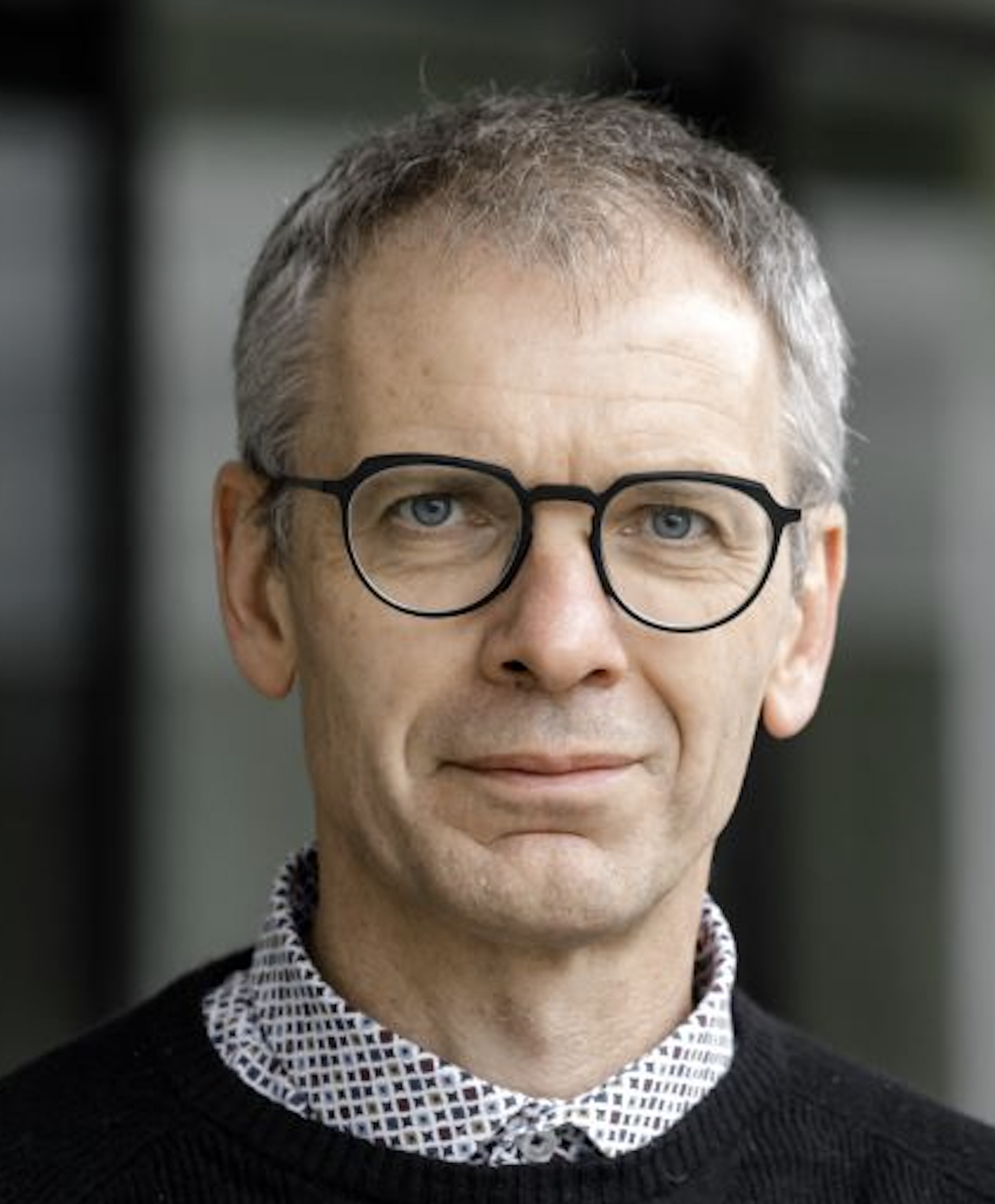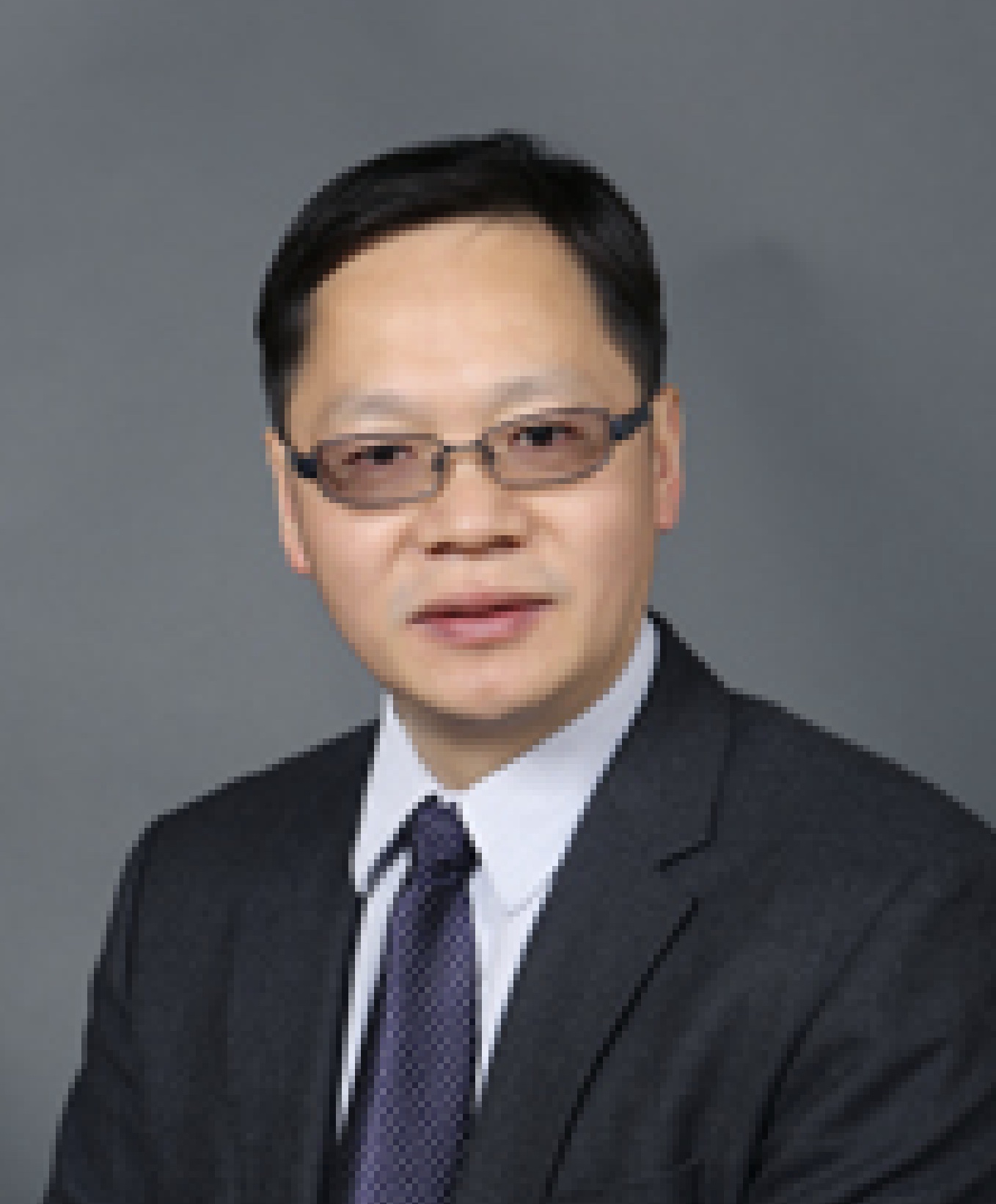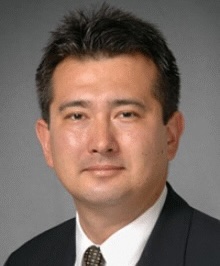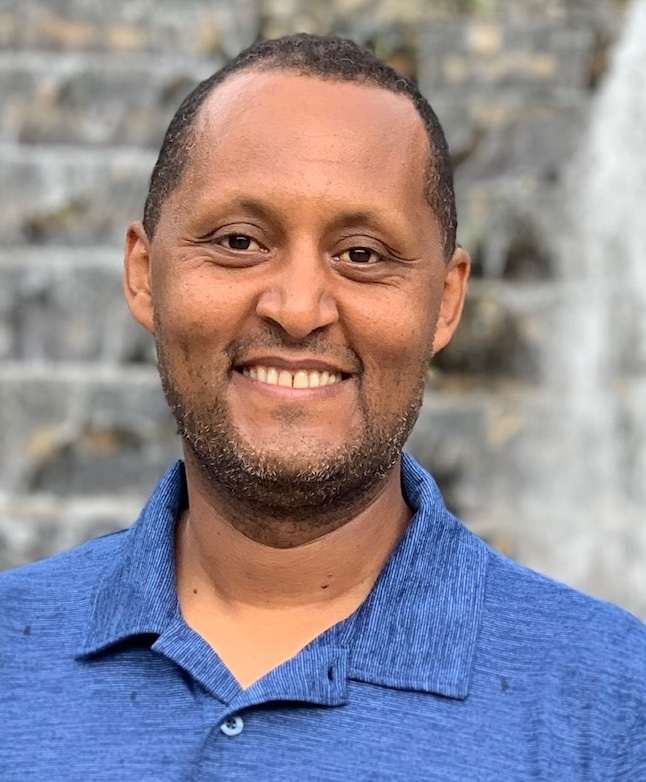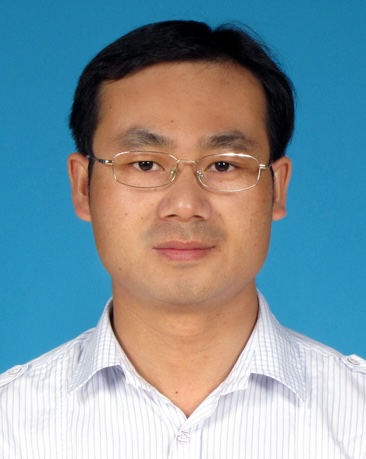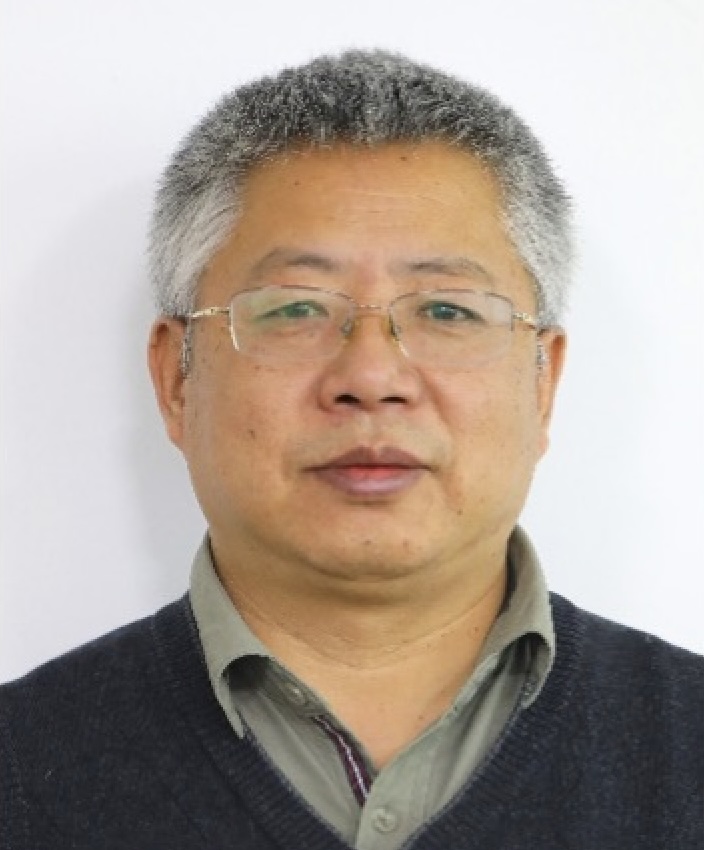-
Shu Tao(陶澍)中国科学院院士 academician of Chinese Academy of Sciences

Dr. Shu Tao is Chair Professor in School of Environmental Science and Engineering, Southern University of Science and Technology. He was a professor in College of Urban and Environmental Sciences, Peking University, China. He is a member of Chinese Academy of Science, a member of National Steering Committee on Eco-Environmental Protection, and a member of National Steering Committed on Environmental Health. He also serves as Associate Editor of Environmental Science & Technology. His current research interests include global emission inventories of various air pollutants atmospheric transport and population exposure modeling, household air quality, and policy evaluation. He has more than 200 papers published in peer-reviewed international journals, including four in PNAS, one in Nature Energy, and many in Environmental Science & Technology with total citation around 22,000 and H-index (Web of Science) of 80.
https://www.sustech.edu.cn/en/faculties/taoshu.html
-
Huadong Guo(郭华东)中国科学院院士 academician of Chinese Academy of Sciences

Guo Huadong is Director-General of the International Research Center of Big Data for Sustainable Development Goals (CBAS), and a professor of the Chinese Academy of Sciences (CAS) Aerospace Information Research Institute. He is an Academician of CAS, a Fellow of TWAS, a Foreign Member of the Russian Academy of Sciences, and a Foreign Member of the Finnish Society of Sciences and Letters.
He presently serves as Honorary President of International Society for Digital Earth (ISDE), Director of International Center on Space Technologies for Natural and Cultural Heritage (HIST) under the Auspices of UNESCO, Chair of Digital Belt and Road Program (DBAR), and Editor-in-Chief of two scientific journals International Journal of Digital Earth and Big Earth Data Journal.
He served as Member of UN 10-Member Group to support the Technology Facilitation Mechanism for SDGs, President of ISDE and ICSU Committee on Data for Science and Technology (CODATA). Prof. Guo specializes in remote sensing, radar for Earth observation, and Digital Earth science. He has published more than 500 papers and 24 books, and is the awardee of 19 international and domestic prizes.
Prof. Guo is one of the most recognized scientists in China and is well known internationally. He has actively contributed to and participated in international efforts towards sustainability. With an extremely strong profile recognized already by many awards, Prof. Guo works across scales from local to global with a focus on global Big Earth Data & SDGs.
In 2021, Prof. Guo was the recipient of the ISC Science for Sustainability Award for outstanding scientific contribution to the achievement of the Sustainable Development Goals using an interdisciplinary approach.
https://council.science/profile/huadong-guo/
-
Chenghu Zhou(周成虎)中国科学院院士 academician of Chinese Academy of Sciences

Zhou Chenghu is a professor at the Institute of Geographic Sciences and Natural Resources, Chinese Academy of Sciences (CAS), and an Academician of the Chinese Academy of Engineering.
He is mainly engaged in the research of remote sensing and GIS and its connection with geoscience, including knowledge mining of spatial data, geological intelligent computing, numerical simulation analysis and evaluation of information systems of flood disaster, geological analysis and application of remote sensing images.
He has established a quantitative remote sensing analysis model of geomorphic entities and a digital geomorphic mapping technology. Furthermore, he has established a global discrete geographic grid model for hydrological spatial and temporal data, developed application models such as river hydrological process simulation and risk assessment.
He has published more than 300 academic papers, including more than 70 SCI papers, 19 academic monographs and atlases, and more than 7,300 citations by domestic and foreign peers.
He has won 15 national and provincial science and technology awards, including 5 national science and technology progress awards and 4 provincial and ministerial science and technology awards.
https://www.isprs2022-nice.com/index.php/speaker/chenghu-zhou/
-
Jun Xia(夏军)中国科学院院士 academician of Chinese Academy of Sciences
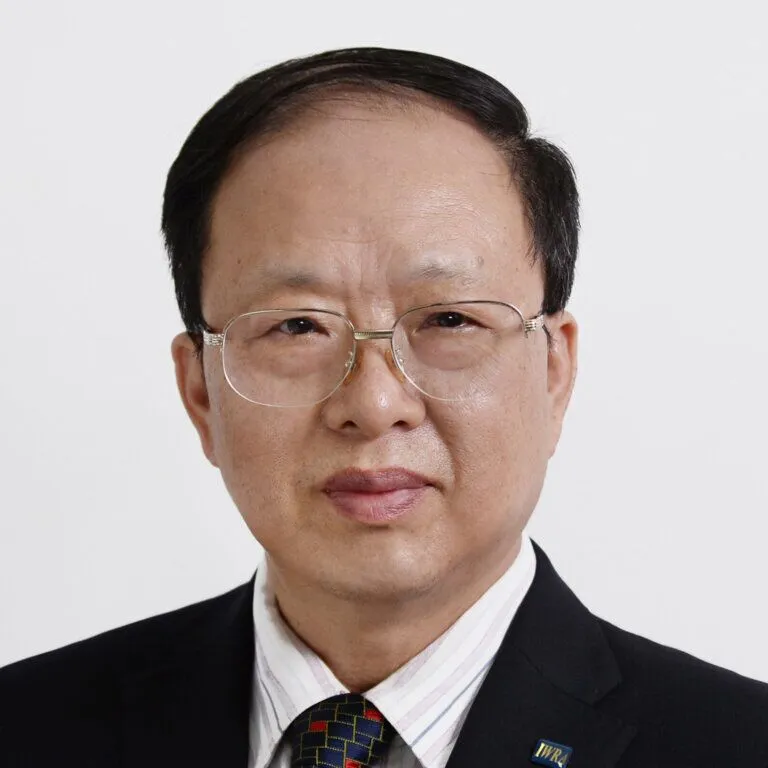
Prof. Jun Xia is an Academician of Chinese Academy of Sciences (CAS), and Chair Professor & Director, The Research Institute for Water Security (RIWS), Wuhan University. He is a foreign member of The Norwegian Academy of Science & Letters since 2023. He has ample experiences on hydrology, water resources management in China and international since 1987, severed as the President of International Water Resources Association (IWRA, 2009-2012), Board Governor of World Water Council (WWC, 2009-2015), Co-Chair, InterAcademy Council for Water Programme (2004-2010), Bureau Member of International Union of Geodesy and Geophysics (IUGG, 2019-2023), and Board member of SAC for UNESCO-IHP, Ecohydrology Programme etc. He was awarded “International Hydrological Prize -Volker Medal”, given jointly by IAHS, UNESCO and WMO in 2014, the 2017’s State Natural Science Award in China, IWRA’s Ven Te Chow Memorial Award and Lecture 2023. He is 2019’s IUGG Fellow, and 2023’s the International Science Council (ISC) Fellow. His expertise is hydrology, nonlinear system approach coupled with environment changing and human activity and water resources management & policy.
-
Yongguan Zhu(朱永官)中国科学院院士 academician of Chinese Academy of Sciences
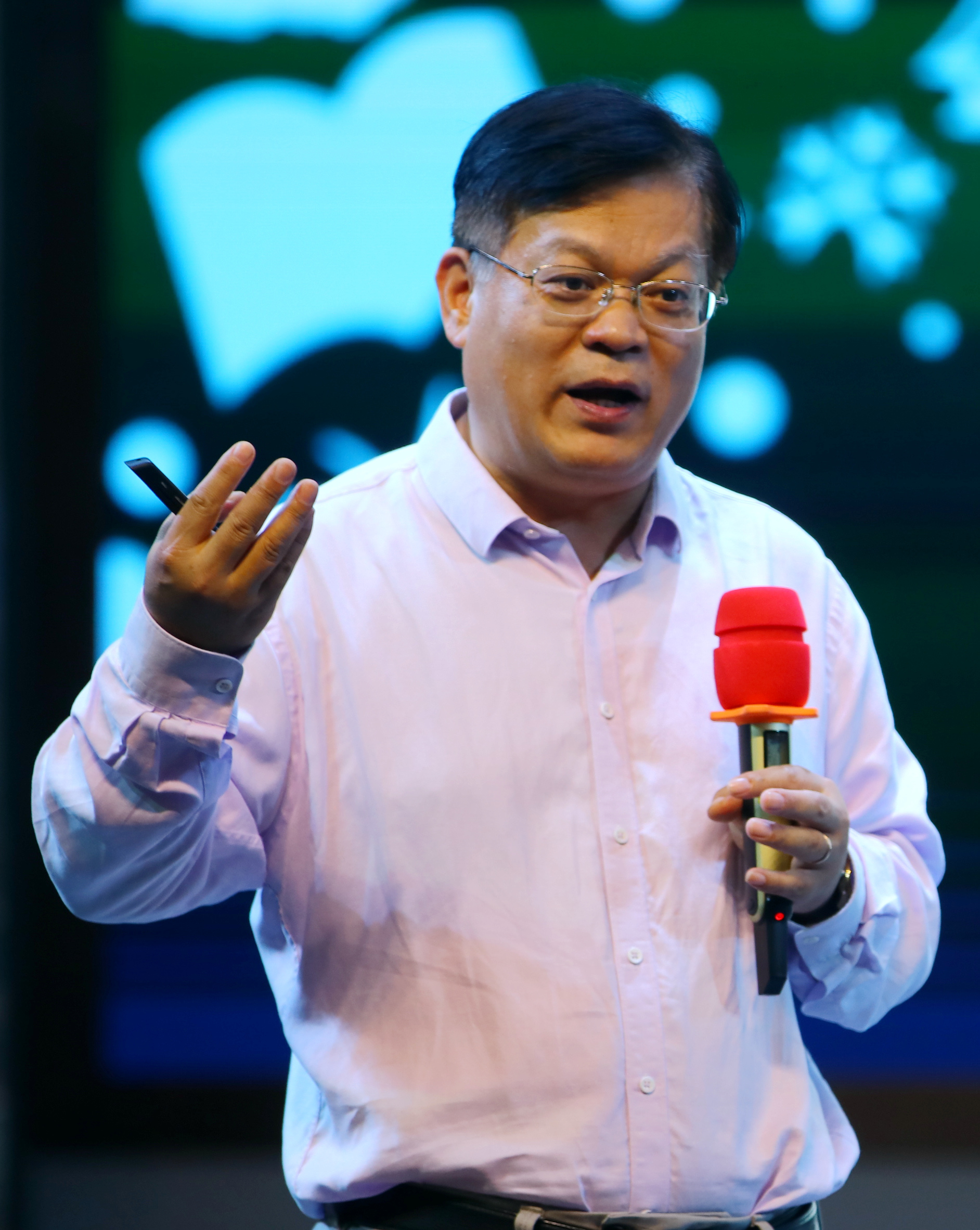
ZHU Yongguan (Yong-Guan), Professor of biogeochemistry and environmental soil science, is an Academician of the Chinese Academy of Sciences. Professor Zhu obtained his PhD in environmental biology from Imperial College, London in 1998. He is currently the Director for Education/Internationalization of the Institute of Urban Environment, Chinese Academy of Sciences (CAS). Professor Zhu is a leader in taking multi-scale and multi-disciplinary approaches to soil and environmental problems,such as arsenic biogeochemistry and antimicrobial resistance.
Dr Zhu is currently the co-editor-in-chief of Environment International (Elsevier), and editorial members for a few other international journals. He is a scientific committee member for the ISC (International Science Council) program on Human Health and Wellbeing in Changing Urban Environment, and served for nine years as a member of Standing Advisory Group for Nuclear Application, International Atomic Energy Agency (2004-2012). Professor Zhu is the recipient of many merit awards, among them including TWAS Science Award for Agricultural Science 2013, National Natural Science Award 2009. Professor Zhu has published over 400 papers in international journals (such as Science, Nature, PNAS, Nature Microbiology, Nature Plants), with over 23,000 citations and H-index of 80 in Web of Science.
http://english.iue.cas.cn/People/aca/zyg/202008/t20200810_241570.html
-
Deliang Chen(陈德亮)中国科学院外籍院士 foreign academician of Chinese Academy of Sciences
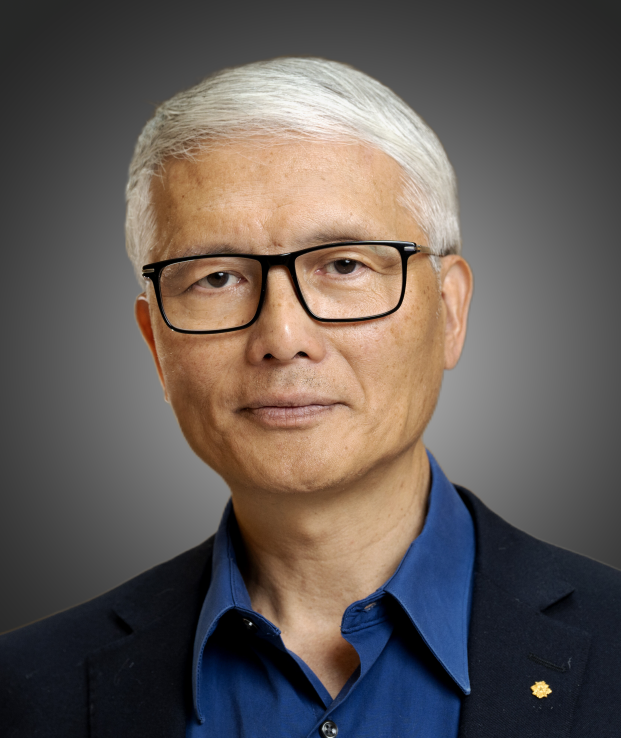
Chen Deliang is an internationally renowned climate scientist, an advocate and practitioner of Earth System Science, and a strategic scientist with a global perspective. His research focuses on climate change, its causes and impacts, and climate dynamics. He is a leading expert and pioneer in climate downscaling models and enjoys a high reputation on the international stage.
Chen has been elected a member of the Royal Swedish Academy of Sciences, a foreign member of the Norwegian Academy of Science and Letters, a foreign member of the Chinese Academy of Sciences, a member of the World Academy of Sciences for the advancement of science in developing countries, a member of the European Academy of Sciences and Arts, a member of the Royal Society of Arts and Sciences in Gothenburg, and a fellow of the International Science Council. He has received the H. M. The King's Medal in the 8th size with the Order of the Seraphim ribbon and was listed among the Top 1,000 Climate Scientists globally by Reuters. In 2017, he was awarded the China International Science and Technology Cooperation Award.
As the only executive director with Chinese origin since the establishment of the International Council for Science(ICSU), Chen organized and developed a global visioning process for Natural Sciences and Earth System Science, and led the launch of the large-scale international scientific research program "Future Earth," which has had a profound impact on global ecology, environment and climate research, and sustainable development. With a deep concern for his homeland, he has devoted himself to advancing China’s scientific endeavors and has long served as the science director at the National Climate Center and as the chair of the International Scientific Advisory Committee of the Institute of Urban Meteorology, Beijing. Thanks to his efforts, the International Council for Science launched the "Integrated Research on Disaster Risk" and the "Urban Health & Well-being" projects, providing important platforms for Chinese scientists to participate in international scientific research.
https://www.dess.tsinghua.edu.cn/en/info/1079/2628.htm
-
Peng Gong(宫鹏)中国香港大学 The University of Hong Kong

Professor Gong received his BS and MS degrees from Nanjing University and his PhD degree from the University of Waterloo, Canada in 1990. He started his academic career at York University and then the University of Calgary. In 1994, he joined the University of California, Berkeley where he rose through the academic ranks to full Professor in 2001. He became the founding Chair of the Department of Earth System Science in 2016 and Dean of the Faculty of Science in 2017 at Tsinghua University.
Professor Gong is a Foreign Member of the Academy of Europe (Academia Europaea). He was the Founding Editor-in-Chief of Geographic Information Sciences (now Annals of GIS). He has been appointed as one of the 13 advisers to Future Earth, an organization sponsored by ICSU (International Council for Science), UNEP (United Nations Environment Programme) and UNESCO (United Nations Educational, Scientific and Cultural Organisation), one of the 19 members of the Earth Commission, a group of leading scientists in the world to develop scientific strategies in support of the achievement of sustainable development goals, and one of the 3 co-chairs of the Lancet Climate Change and Health Commission and Countdown 2030.
As an inter-disciplinary researcher and an institution-builder, Professor Gong has a successful record of recruitment, innovative organization and motivation of large teams of cross-disciplinary talents. He was a co-founder of the Center for Assessment and Monitoring of Forest and Environmental Resources at UC Berkeley. He built the first Earth System Science Institute in China at Nanjing University, the State Key Laboratory of Remote Sensing Science in the Chinese Academy of Sciences and Beijing Normal University, and the Tsinghua Urban Institute at Tsinghua University. In 2020, he led an expert preparation group in establishing the Vanke School of Public Health at Tsinghua.
Professor Gong's major research interests include urbanization and health, mapping and monitoring of global environmental change, and modelling of environmentally related infectious diseases. He received a number of research awards from the American Society for Photogrammetry and Remote Sensing, the Association of American Geographers as well as the Joint Board Council of Science China and Science Bulletin. More than 30 PhD students and postdocs he graduated/supervised now hold academic positions in major American and Chinese universities including UC Berkeley, UCLA, Tsinghua University, etc.
https://geog.hku.hk/p-gong
-
Albert Galy 法国国家科学研究中心岩石学和地球化学中心(CRPG-CNRS)

My research considers the influence of the biosphere on geological processes such as erosion and sedimentation, and also the tectonic evolution of the Earth. The evolution of life is strongly influenced by external factors, among them, plate tectonic (break down of continents) and climate change (green-world or ice-world), mantle convection (degassing of deep plume through hot spot), and meteoritic impacts. Is the life important enough to modify any of these geological events ? Can we speak of a co-evolution of life and geological processes, such as the marine sedimentation, the erosion of continent or the global climate ? Could we be witnessing (pre anthropogenic influence) and participating to a global biological war for survival, with large ecosystems (biome) or a single species in the case of homo sapiens controlling the environment, such as global climate, to their advantage ?
Answering these questions is not an easy job and ongoing debates are still on the front scene, nearly 4 decades after the provocative idea of GAIA (the full planet Earth reacts as a living organism) proposed by James Lovelock and more than 150 years after the birth of the Darwinism. This work includes field studies and takes advantage of classical (major and trace elements, H-, O-, C-,N- & S-isotopes, radiogenic Sr-, Nd, Pb-isotopes) and new geochemical tracers affected by the biological cycle, such as Mg- and Ca-isotopes.
https://crpg.univ-lorraine.fr/membres/albert-galy/
-
Baohua Gu 国际地球化学学会 International Geochemical Society

Dr. Baohua Gu received his BSc in chemistry from Nanjing Agricultural University, Nanjing, China, in 1982; his MSc in soil chemistry from the University of British Columbia, Vancouver, in 1986; and his PhD in geochemistry from the University of California, Berkeley, in 1991. He began his career at ORNL in 1992 and is currently a corporate fellow and team lead for Molecular Scale & Biogeochemical Processes in the Environmental Sciences Division, with a joint faculty appointment in the Department of Biosystems Engineering and Soil Science at the University of Tennessee, Knoxville.
Dr. Gu is an internationally recognized expert in environmental geochemistry, most noted for his innovative approach to studying organo-metal interactions and for his use of various spectroscopic techniques to characterize the fate, transformation, and transport of heavy metals, radionuclides, and nanomaterials in aquatic and terrestrial systems. His foundational research on the interaction of natural organic matter (NOM) with contaminants, mineral particles, and microorganisms in the environment continues to mold the research community’s theories on NOM-mineral interactions today. These and other findings continue to inform his research today as he studies the implications of a warming climate on the degradation of soil organic carbon by microbes and its impact on greenhouse gas production in the Arctic in support of next-generation climate models.
Dr. Gu’s research activities also span technology development and deployment, resulting in his receiving six patents and a 2004 R&D 100 Award. His pioneering work in the development and testing of a regenerable ion-exchange technology for perchlorate extraction, water treatment, and isotopic source identification is especially notable. This work not only culminated in the 2004 R&D 100 Award, but also transformed how perchlorate research is conducted globally.
He has published more than 250 peer-reviewed publications in high-visibility journals, with over 9,000 citations. Dr. Gu has received numerous awards from ORNL, the US Department of Defense (DoD), and the US State Department, including Scientist of the Year (ORNL), Inventor of the Year (ORNL), ESTCP Project of the Year (DoD), and Fulbright Senior Specialist Scholar. Dr. Gu has also been recognized as a fellow in two societies, the American Association for the Advancement of Science and the Geological Society of America.
As a dedicated teacher, Dr. Gu mentors undergraduate and graduate students, postdoctoral associates, and visiting faculty and scientists. Dr. Gu not only focuses on scientific and technical quality, but also helps with career development and project management skills. Over the course of his career, Dr. Gu has mentored more than 40 postdoctoral associates and graduate students, including a recent winner of the ORNL Environmental Science Division’s Outstanding Postdoctoral Award, Ziming Yang (now Assistant Professor at Oakland University).
https://www.ornl.gov/our-people/baohua-gu
-
Gilles Fumey 巴黎索邦大学 Sorbonne University
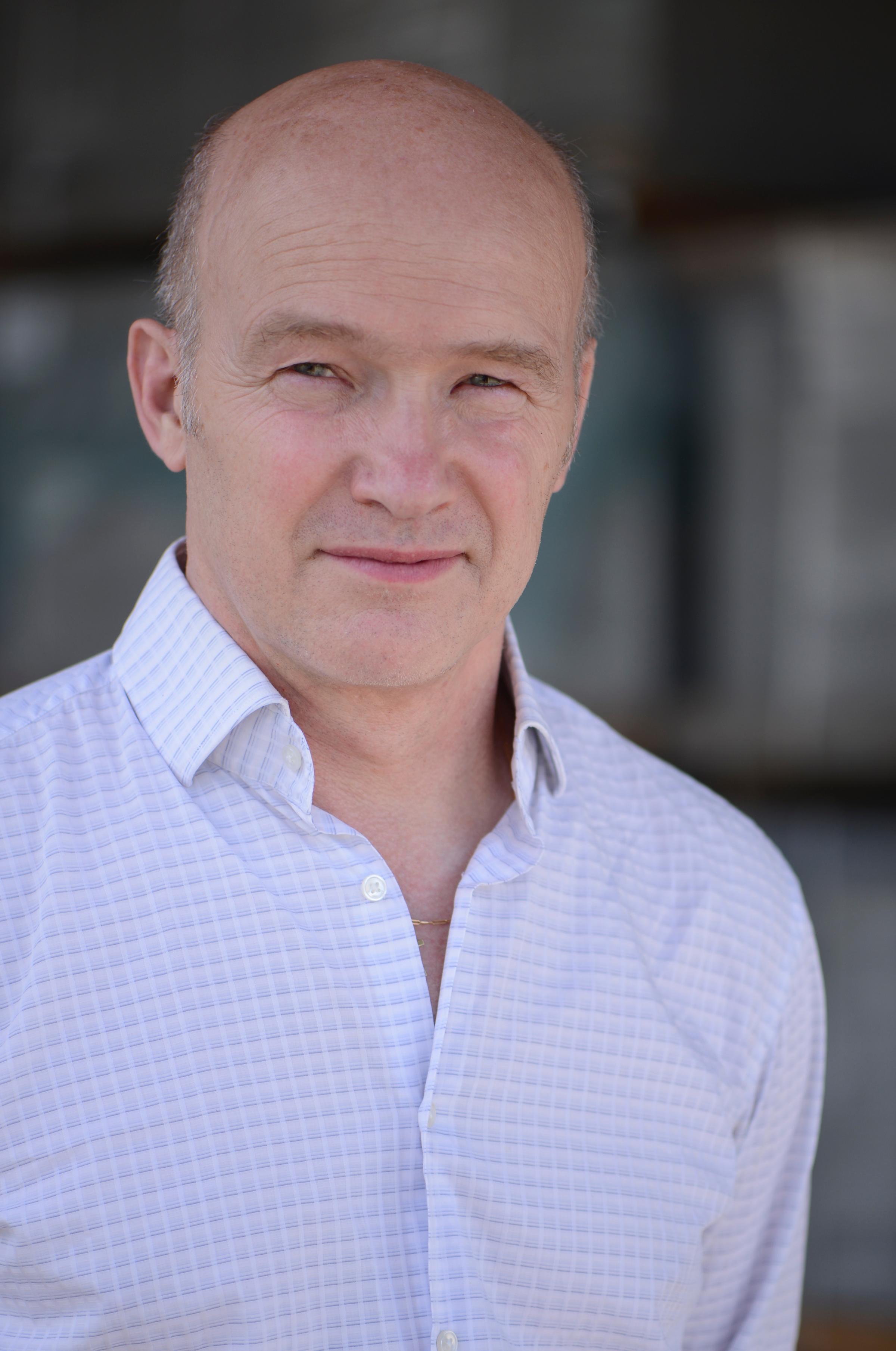
Gilles Fumey is a distinguished Professor of Geography at Sorbonne Université, specializing in the cultural geographies of food, the geopolitics of global agricultural systems, and the historical evolution of culinary identities.
https://lettres.sorbonne-universite.fr/sites/default/files/media/2024-01/FUMEY%20Gilles%20cv%20janvier%202024-2.pdf
-
Jérôme Gaillardet法国巴黎地球物理学院 Institut de Physique du Globe de Paris
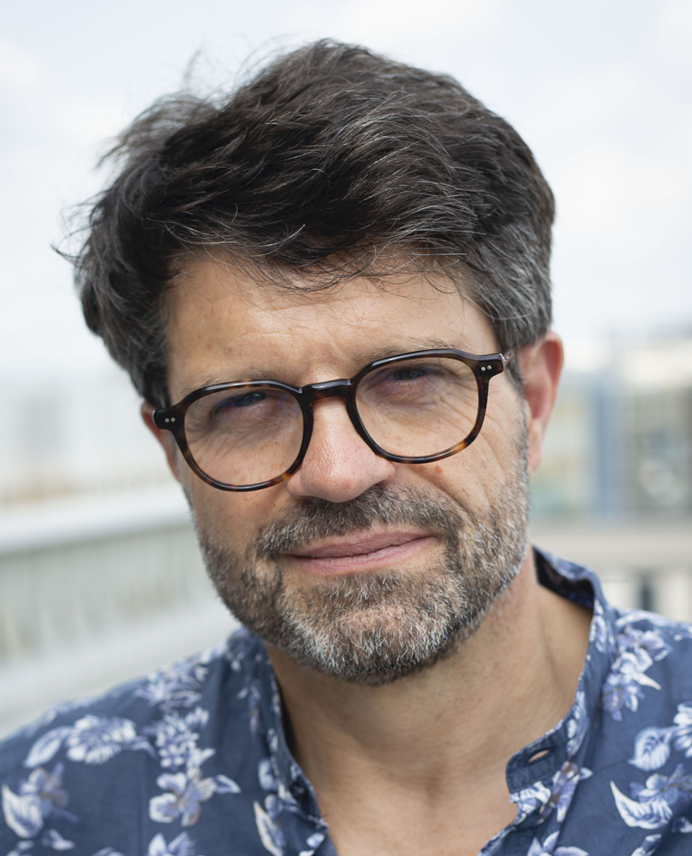
Jérôme Gaillardet is a professor of Earth sciences at the Institut de physique du Globe in Paris and a member of the Institut Universitaire de France. A geochemist, he works on the composition of rivers and studies biogeochemical cycles on the Earth's surface and their evolution in time or in the Anthropocene. He is co-responsible for the national research infrastructure OZCAR (Observatories of the Critical Zone, Applications and Research) federating permanent observatories of the Earth's critical zone. He is also the national coordinator of the European infrastructure project eLTER (long-term ecological, critical zone and socio-ecological research observatories). A member of the Center for Earth Policies (Paris-Lumière University), he received the CNRS silver medal in 2018.
https://www.opera-mundi.org/intervenant/jerome-gaillardet/
-
Hiroyuki Kagi 日本东京大学 The University of Tokyo
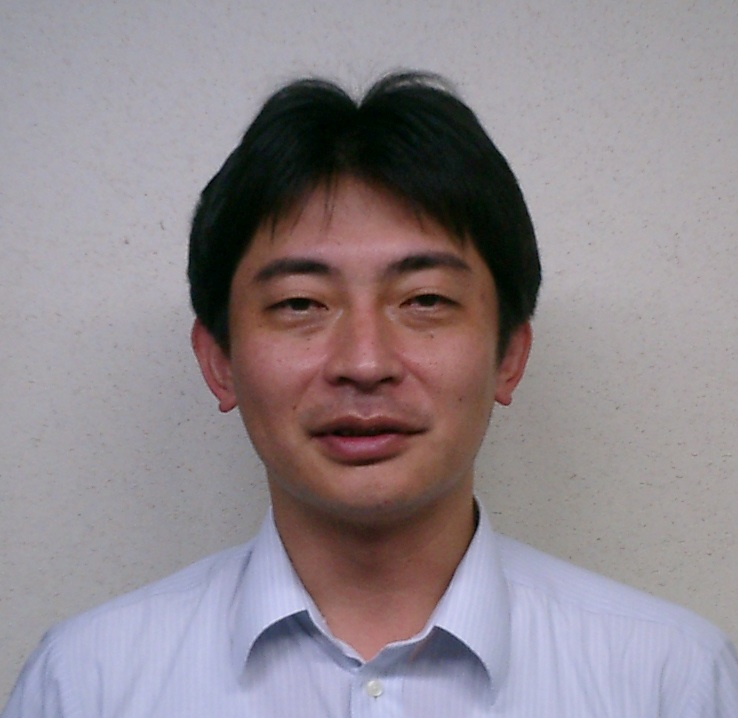
Hiroyuki Kagi is a Professor at the University of Tokyo’s Department of Earth and Planetary Science, directing the High Pressure Geochemistry Laboratory. His research focuses on developing high-pressure experimental techniques to investigate Earth’s deep interior, including diamond formation mechanisms, water storage in mantle minerals, and the behavior of volatiles during subduction zone processes. His laboratory employs advanced methods such as synchrotron X-ray diffraction, Raman spectroscopy, and high-pressure apparatus to analyze phase transitions in minerals and fluids under extreme conditions, simulating environments from Earth’s upper mantle to planetary interiors. Key studies include the role of supercritical fluids in material transport, hydrogen incorporation in minerals like ringwoodite and bridgmanite, and isotopic analysis of diamonds to understand carbon cycling. He has contributed to resolving the "missing water" paradox in subduction zones through experiments on water solubility in mantle minerals. His work provides critical insights into global geochemical cycles, diamond genesis, and deep Earth volatile distribution. Collaborative projects extend to planetary science applications, including lunar interior simulations and meteorite analysis. His lab actively develops new analytical tools, such as high-pressure cell designs for neutron/X-ray experiments and high-temperature electrolysis techniques for synthesizing isotopic reference materials.
https://secure.eps.s.u-tokyo.ac.jp/en/member/index.php?_urid=2678&_lang=en
-
Keisuke FUKUSHI 日本金泽大学 Kanazawa University
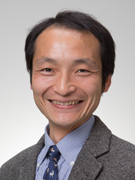
Keisuke Fukushi is a Professor at the Institute of Nature and Environmental Technology, Kanazawa University, specializing in geochemistry and environmental mineralogy. His research focuses on chemical reactions governing element migration under Earth’s surface conditions to predict toxic substance behavior and reconstruct historical water quality. He joined Kanazawa University in 2006 as a Research Associate, progressing through roles as Assistant Professor (2006–2014) and Associate Professor (2014–2020) before attaining his current professorship in 2020. Prior to this, he conducted postdoctoral research at Johns Hopkins University (2004–2006), the Geological Survey of Japan (2003–2004), and served as a Research Assistant at the National Institute of Material Sciences (2003). His work integrates analytical approaches to elucidate geochemical processes critical to environmental sustainability, emphasizing the interplay of water-rock interactions and element mobility in natural systems.
-
Klaus Butterbach-Bahl 丹麦奥胡斯大学 Universitas Arhusiensis

Professor and Centre Director at Aarhus University's Department of Agroecology, leading the Center for Landscape Research in Sustainable Agricultural Futures (Land-CRAFT).Klaus Butterbach-Bahl is an outstanding biogeoscientist who has made fundamental contributions to our understanding of global change feedbacks in terrestrial ecosystems and the exchange of trace gases between the biosphere and the atmosphere. His main research achievements are the quantitative estimation of greenhouse gas exchange, specifically methane, carbon dioxide and nitrogenous species (NO, N2O) at regional and global levels, in addition to modelling ecosystem carbon and nitrogen turnover and their exchange between ecosystems and the atmosphere. Butterbach-Bahl is well known for his studies on the biosphere-atmosphere exchange of environmentally important trace substances. He was awarded as an Honorary Principal Fellow with the School of Forest and Ecosystem Science, University of Melbourne, Australia in 2006 and became an Honorary Research Professor at the Institute of Atmospheric Physics, Chinese Academy of Sciences, Beijing in 2005. He is also well known for his field and laboratory experiments designed to quantify and characterise nitorgen and carbon gas production, consumption and emission processes in various ecosystems worldwide and his research on the topic has been published in several highly cited research and review papers.Butterbach-Bahl has built up a strong team of specialists who manage a broad network of environmental studies across the globe. The spectrum of new process-oriented models suggested by Butterbach-Bahl and his co-workers cover all scales, from biogeochemistry within soil microzones to the regional and global scale. His achievements and ongoing work in the mechanisms of greenhouse gas exchange make Butterbach-Bahl a worthy recipient of the Vladimir Ivanovich Vernadsky Medal.
https://pure.au.dk/portal/en/persons/klaus.butterbach-bahl%40agro.au.dk,https://www.egu.eu/awards-medals/vladimir-ivanovich-vernadsky/2014/klaus-butterbach-bahl/
-
Kimitaka Kawamura 日本中部大学 Chubu University

Kimitaka Kawamura is a Professor at the Institute of Low Temperature Science, Hokkaido University, recognized for pioneering analytical methods to study polar organic compounds in atmospheric aerosols and elucidating the origin, transport, and transformation processes of organic molecules in diverse environments. He was the first to develop techniques for measuring low-molecular-weight organic matter in the atmosphere and precipitation during the 1980s, identifying major organic constituents in gas and aerosol phases. His work revealed the abundance, sources, and sinks of organic compounds in aerosols, precipitation, sediments, and ice cores, particularly through discoveries such as dicarboxylic acids in marine aerosols and insights into photochemical oxidation of unsaturated fatty acids. He pioneered compositional analyses of organic aerosols in urban, polar, and oceanic regions, advancing understanding of their climate impacts, including interactions with cloud condensation nuclei and long-range transport of pollutants like biomass-burning emissions. His development of paleoenvironmental reconstructions using organic tracers in ice cores underscores his interdisciplinary contributions. Key studies include capillary gas chromatography analysis of volatile organic acids in rain and fog, source-pathway investigations of Arctic aerosols, and tracing biomass-burning emissions through the Himalayas. His research, published in journals such as Nature, Environmental Science & Technology, and Atmospheric Environment, has established foundational frameworks for evaluating water-soluble organic aerosol formation and global biogeochemical cycles.
-
Kyoung-Soon JANG 韩国基础科学研究院 Korea Basic Science Institute
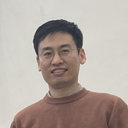
Institute of Bioengineering Seoul National University,Kyoung-Soon Jang currently works for the Center for Research Equipment, Korea Basic Science Institute (KBSI), as a Director. Kyoung-Soon does research in Mass Spectrometry-based Environmental & Biological,Kyoung‐Soon Jang has authored 96 papers that have received a total of 1.9k indexed citations. This includes 29 papers in Molecular Biology, 28 papers in Atmospheric Science and 23 papers in Oceanography. The topics of these papers are Atmospheric chemistry and aerosols (26 papers), Marine and coastal ecosystems (23 papers) and Air Quality and Health Impacts (19 papers). Kyoung‐Soon Jang is often cited by papers focused on Atmospheric chemistry and aerosols (26 papers), Marine and coastal ecosystems (23 papers) and Air Quality and Health Impacts (19 papers) and collaborates with scholars based in South Korea, China and United States. Kyoung‐Soon Jang's co-authors include Yunlin Zhang, Erik Jeppesen, Lei Zhou, Yongqiang Zhou and Byung‐Gee Kim and has published in prestigious journals such as Nature Communications, Environmental Science & Technology and Bioinformatics.
https://www.rankless.org/authors/kyoungsoon-jang?tree=2
-
Marc Benedetti 法国巴黎地球物理学院 Institut de physique du globe de Paris
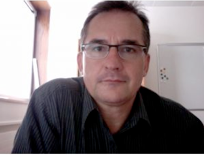
Marc F. Benedetti is a biogeochemist and Professor at the Institut de Physique du Globe de Paris (IPGP) and the French National Centre for Scientific Research (CNRS), where he holds the position of Deputy Director responsible for managing scientific departments, coordinating interdisciplinary research initiatives, and overseeing laboratory activities. His research focuses on understanding metal-organic interactions, particularly the biogeochemical behavior of iron, manganese, and chromium in terrestrial and aquatic environments, with applications to soil remediation, groundwater protection, and radioactive waste storage safety. He has pioneered analytical methodologies for trace metal speciation under environmentally relevant concentrations, including the development of Donnan membrane techniques and the application of the NICA-Donnan thermodynamic model to predict metal binding in natural systems. His work, published in prominent journals such as *Environmental Science & Technology* and *Geochimica et Cosmochimica Acta*, spans topics like metal mobility in agricultural soils, mineral surface reactivity, and contaminant transport in groundwater. Actively engaged in international collaborations, he has partnered with institutions including Huazhong Agricultural University (China), McGill University (Canada), and SCK-CEN (Belgium) on projects addressing acid mine drainage remediation and sustainable environmental management. In 2023, he co-organized the soil biogeochemistry session at the Goldschmidt Conference, reflecting his commitment to advancing interdisciplinary dialogue. Combining experimental approaches with computational modeling, his research addresses critical environmental challenges at the intersection of geochemistry, hydrology, and pollution mitigation.
https://www.ipgp.fr/en/directory/benedetti/
-
Olli Varis 芬兰阿尔托大学 Aalto University

Olli Varis is distinguished professor of Water Resources Management at Aalto University, Finland. His focus is on water, environment, and development research. His research and teaching concentrates on sustainable development, risks, and resilience globally and locally, especially in emerging economies of Asia. Olli has been active in several international organizations including IIASA (currently a Governing Council member), IWRA (Vice President 2007-2009), and UNESCO, and UNU-WIDER. He holds a Distinguished Adjunct Professor at Asian Institute of Technology, Thailand.
https://aalto-fi.academia.edu/OlliVaris
-
Philippe Van Cappellen 加拿大滑铁卢大学 University of Waterloo

Philippe Van Cappellen joined the University of Waterloo as the Canada Excellence Research Chair in Ecohydrology in 2011. He was previously the Georgia Research Alliance Eminent Scholar in Global Environmental Studies at the Georgia Institute of Technology in Atlanta, USA, and a Professor of Geochemistry at Utrecht University in the Netherlands. Van Cappellen obtained his BSc and MSc in geology and mineralogy from Université Libre de Bruxelles in Belgium, and his PhD in geochemistry from Yale University in the USA. Dr. Van Cappellen’s research encompasses investigations of the environmental health of soils, rivers, lakes, and coastal environments, the biogeochemical cycles of carbon, nutrients and metals, and global environmental change. Van Cappellen is a Fellow of the Royal Society of Canada, a Geochemistry Fellow of the Geochemical Society and European Association of Geochemistry, and a Fellow of the American Geophysical Union. In 2015, he received the Science Innovation Award and Werner Stumm Medal of the European Association of Geochemistry, and in 2007, the André Dumont medal of Geologica Belgica.
https://orcid.org/0000-0001-5476-0820
-
Timothy A.Quine 英国埃克塞特大学 University of Exeter

Professor Tim Quine is the Vice-President and Deputy Vice-Chancellor (Education & Student Experience) and Professor of Earth Surface Science at the University of Exeter. Prior to taking on the role of Vice-President and Deputy Vice-Chancellor in September 2015, Tim was the Academic Dean for Students having been the Associate Dean for Education for the College of Life and Environmental Sciences.
As the Vice-President (Education & Student Experience), Tim is responsible for delivering the University’s Education Strategy (2019-2025) with oversight of its implementation and monitoring through the Education and Student Experience Executive Committee, providing regular reports to Senate and Council. The Education Strategy sets out Exeter’s vision for teaching, learning and student experience, identifying priorities focused on enhancing undergraduate and postgraduate provision, supporting and enabling educators, and responding to the opportunities presented by digital transformation. Tim’s brief is captured in the Education Strategy commitment to Success for All our Students and encompasses the undergraduate and taught postgraduate student journey from arrival, through excellent teaching, learning and assessment, to the next stages in graduate life.
Tim maintains a close partnership with the Exeter Students’ Guild and The Falmouth and Exeter Students’ Union to ensure the quality and continual enhancement of the student experience. Finally, Tim works closely with the Education Leadership Team across the University’s Academic Faculties and Professional Service Divisions to ensure that the University maintains its excellent academic quality and standards and seeks to innovate to improve the educational experience of all Exeter students.
Tim undertakes research in Earth Surface Science that focuses on perturbation of the terrestrial carbon cycle and ecosystem services by soil erosion and sediment deposition and the implications for the delivery of wider ecosystem services. His research has a strong international dimension and projects have seen him collaborate with researchers in universities and institutes in China, India, Zimbabwe, Lesotho, Bolivia, Saudi Arabia, Australia, New Zealand and many European countries. Over 60% of his papers have been written with international collaborators. He was a Lead Author of the Regulating Services Chapter for the UK National Ecosystem Assessment and has been a member of National and International Working Groups on Geomorphology.
Tim is a member of the University Executive Board, Senior Leadership Group and Senate, and chairs the University’s Education and Student Experience Executive Committee. Tim is also a member of the Russell Group network of Pro-Vice Chancellors (Education), which he has previously chaired. He has been external examiner of undergraduate programmes at three Russell Group Universities, examined PhD theses at several UK and International Universities and has been involved in a number of Institutional reviews.
https://experts.exeter.ac.uk/2071-timothy-quine
-
Tom Ian Battin 瑞士联邦理工学院(洛桑) École Polytechnique Fédérale de Lausanne

Tom J. Battin is professor of environmental sciences at the Ecole Polytechnique Fédérale de Lausanne (EPFL). Born in Luxembourg, Battin received a PhD in ecology at the University of Vienna (Austria) and completed postdoctoral work at the Stroud Water Research Center in the US, the University of Barcelona and the University of Vienna. He was a group leader at the WasserCluster Lunz (Austria), a research center on aquatic ecosystems, after which he became chair in limnology at the University of Vienna. Battin was head of the Department of Limnology and Bio-Oceanography at the University of Vienna and visiting professor at the Uppsala University and the University of Applied Arts in Vienna. He is the recipient of a Ramón y Cajal postdoctoral fellowship in Spain and the prestigious Start Prize in Austria.
Battin’s research focuses on the microbial ecology and biogeochemistry of stream ecosystems. His work has led to a better understanding of physical, chemical and biological process coupling in streams. He demonstrated the relevance of microbial biofilms for stream ecosystem processes, including stream hydraulics and has pioneered the field of microbial diversity dynamics from the small scale to entire fluvial networks. Battin has also contributed to the present day awareness that inland waters, particularly streams and rivers, are major components of the global carbon cycle. His notion of the “boundless carbon cycle” has greatly influenced global carbon cycle research. His current research focuses on the molecular underpinnings of the success of the biofilm mode of life in high-mountain streams and on the role these streams play in global biogeochemical cycles.
https://nomisfoundation.ch/people/tom-j-battin/
-
Yong Pyo KIM 韩国梨花女子大学 Ewha Womans University

Yong Pyo Kim is a member of the National Academy of Engineering of Korea (NAEK) and a professor at the College of Engineering of Ewha Womans University. He earned his B.S. from Seoul National University (1981), M.S. from KAIST (1983), and Ph.D. from the California Institute of Technology (1992) under the supervision of John H. Seinfeld. His career spans research positions at KAIST, Caltech, and the Korea Institute of Science and Technology (KIST) before joining Ewha Womans University in 2000. As a prominent figure in atmospheric science, he serves as a board member of the Korean Society for Atmospheric Environment, an advisory board member of the Korean Association for Particle and Aerosol Research, and the chairman of International Aerosol Conference (IAC) 2014 Technical Program Committee. His editorial contributions include roles with journals such as *Atmospheric Environment*, *Air Quality, Atmosphere & Health*, and *Aerosol and Air Quality Research*. His research focuses on atmospheric chemistry, air quality modeling, and aerosol dynamics, with interdisciplinary applications to environmental policy and pollution mitigation strategies.
-
Yoshio Takahashi 日本地球化学学会/东京大学 GSJ/The University of Tokyo
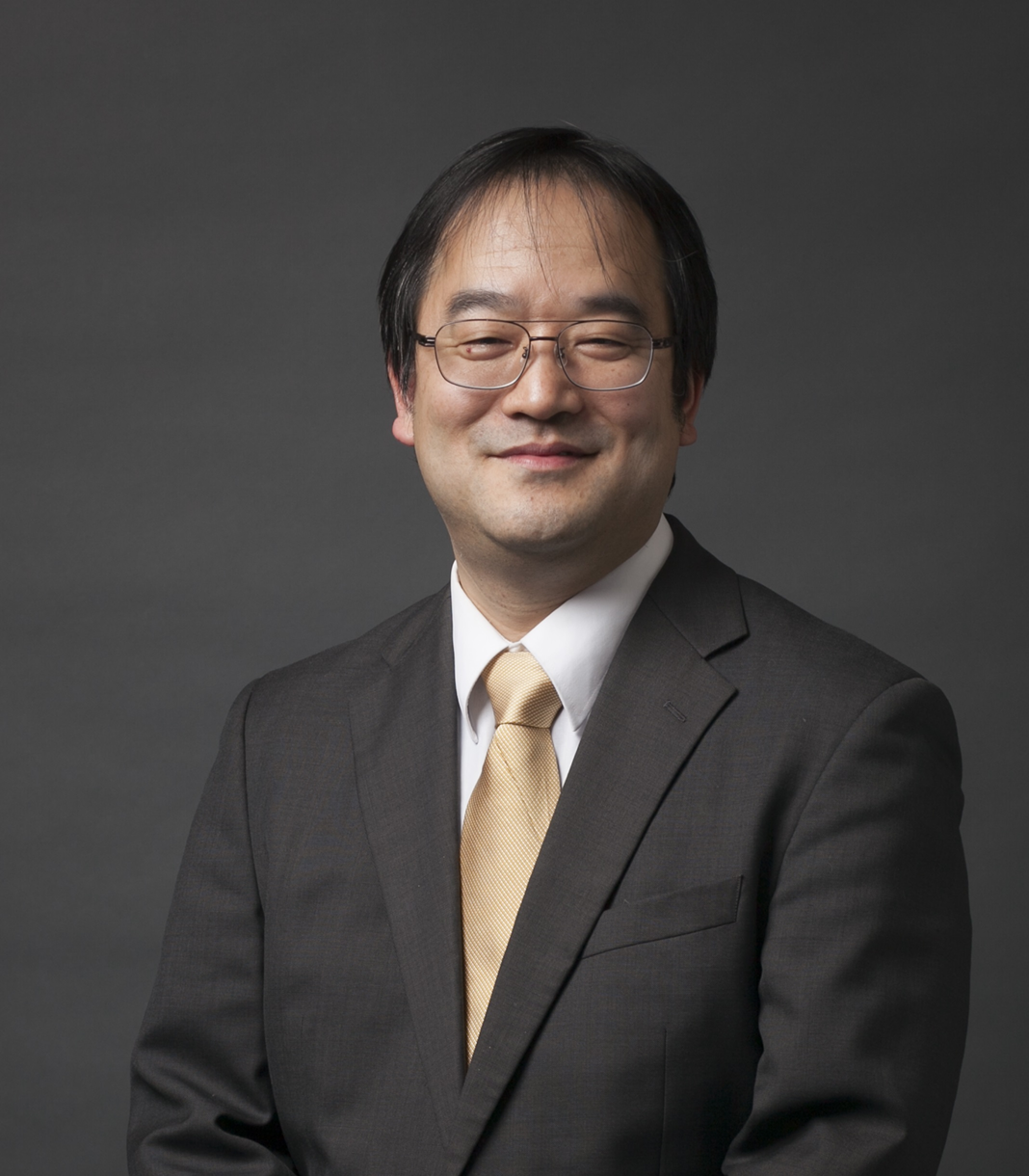
Professor Yoshio Takahashi is a faculty member in the Department of Earth and Planetary Science at the University of Tokyo, specializing in geochemistry, environmental radiochemistry, and molecular-scale processes in earth systems. His research focuses on understanding environmental behavior of radionuclides and trace metals through advanced analytical techniques, including synchrotron X-ray spectroscopy. He has been recognized with major awards such as the Geochemical Society of Japan Award (2015), the Academic Award from the Japan Society for Environmental Chemistry (2016), and the Young Researcher Award from the Japan Society of Nuclear and Radiochemical Sciences (2004). He contributed as an editorial board member to The Encyclopedia of Geochemistry (Springer, 2018), a comprehensive reference work in the field. His work integrates experimental and theoretical approaches to address geochemical dynamics in terrestrial and aquatic environments, aligning with global priorities in environmental safety and radioactive substance management.
https://secure.eps.s.u-tokyo.ac.jp/en/member/index.php?_urid=3706&_lang=en
-
Yuji Sano 日本东京大学 The University of Tokyo

Dr. Sano studied the geochemistry of volatile element isotopes such as helium, carbon, and nitrogen in volcanic and environmental systems as a Research Associate in University of Tokyo and as an Associate Professor in Hiroshima University from 1983 to 1993. After promotion to full Professor at Hiroshima University, he introduced a large ion microprobe (SHRIMP) and invented the method for U-Pb dating of apatite, which has been applied to studies of the origin of life and the formation age of lunar cryptomare. He moved to University of Tokyo in 2001 and established a noble gas laboratory for atmospheric and oceanic research and the NanoSIMS laboratory for paleoceanography and planetary sciences. Currently he is director of Marine Core Research Institute, Kochi University.
https://orcid.org/0000-0002-3305-5644
| Shu Tao(陶澍) | 中国科学院院士 academician of Chinese Academy of Sciences |
| Huadong Guo(郭华东) | 中国科学院院士 academician of Chinese Academy of Sciences |
| Chenghu Zhou(周成虎) | 中国科学院院士 academician of Chinese Academy of Sciences |
| Jun Xia(夏军) | 中国科学院院士 academician of Chinese Academy of Sciences |
| Yongguan Zhu(朱永官) | 中国科学院院士 academician of Chinese Academy of Sciences |
| Deliang Chen(陈德亮) | 中国科学院院士 academician of Chinese Academy of Sciences |
| Peng Gong(宫鹏) | 中国香港大学 The University of Hong Kong |
| Albert Galy | 法国国家科学研究中心岩石学和地球化学中心(CRPG-CNRS) |
| Baohua Gu | 国际地球化学学会 International Geochemical Society |
| Gilles Fumey | 巴黎索邦大学 Sorbonne University |
| Jerome Gaillardet | 法国巴黎地球物理学院 Institut de Physique du Globe de Paris |
| Hiroyuki Kagi | 日本东京大学 The University of Tokyo |
| Keisuke FUKUSHI | 日本金泽大学 Kanazawa University |
| Klaus Butterbach-Bahl | 丹麦奥胡斯大学 Universitas Arhusiensis |
| Kimitaka Kawamura | 日本中部大学 Chubu University |
| Kyoung-Soon JANG | 韩国基础科学研究院 Korea Basic Science Institute |
| Marc Benedetti | 法国巴黎地球物理学院 Institut de physique du globe de Paris |
| Olli Varis | 芬兰阿尔托大学 Aalto University |
| Philippe Van Cappellen | 加拿大滑铁卢大学 University of Waterloo |
| Timothy A.Quine | 英国埃克塞特大学 University of Exeter |
| Tom Ian Battin | 瑞士联邦理工学院(洛桑) École Polytechnique Fédérale de Lausanne |
| Yong Pyo KIM | 韩国梨花女子大学 Ewha Womans University |
| Yoshio Takahashi | 日本地球化学学会/东京大学 GSJ/The University of Tokyo |
| Yuji Sano | 日本东京大学 The University of Tokyo |


